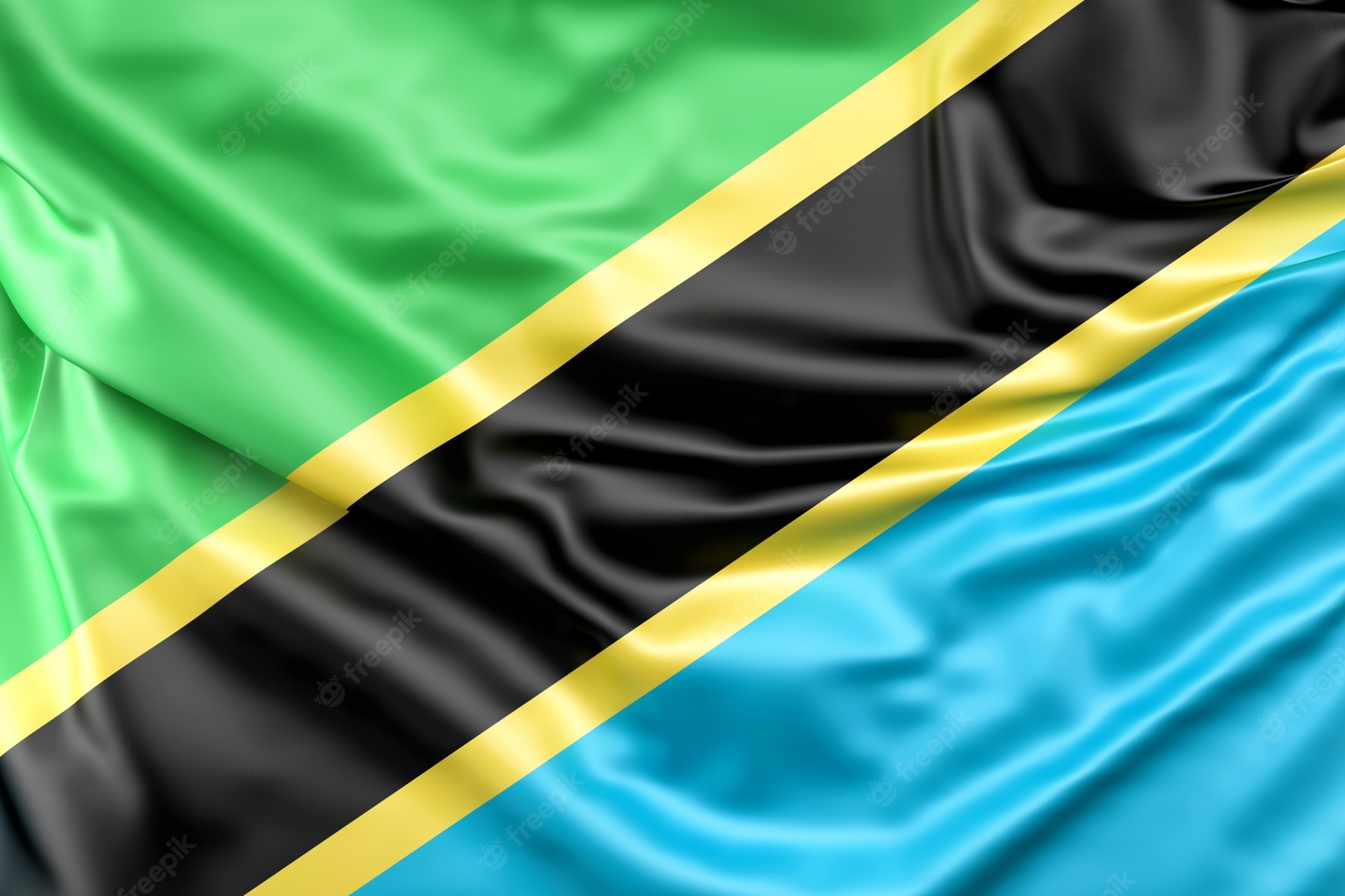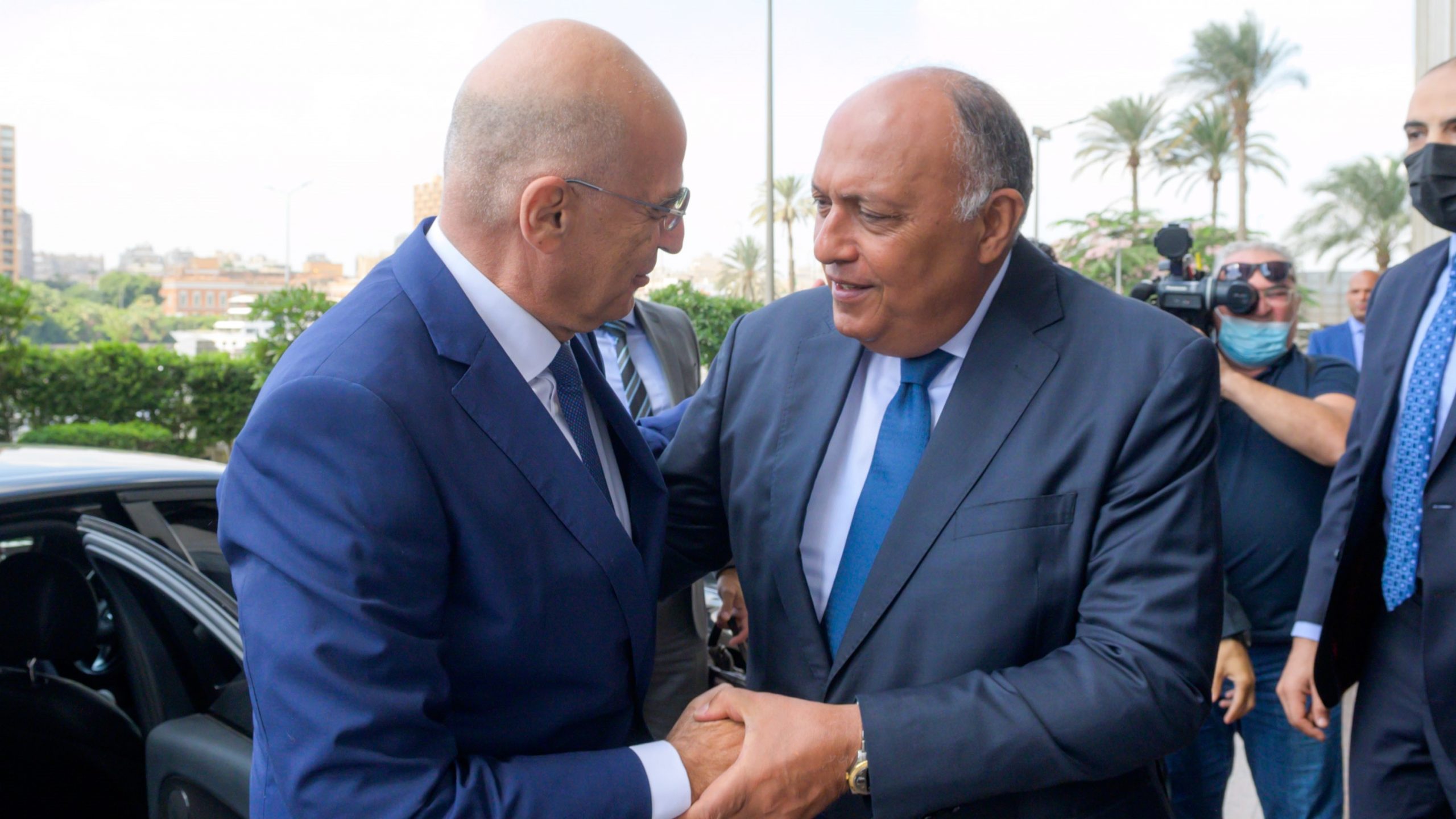The impact of infrastructural development cannot be underestimated on the African continent due to its critical nature as a component of growth and progress.
The availability of adequate and suitable infrastructure serves as a basis on which human development, poverty reduction, and the attainment of Sustainable Development Goals, SDGs, on the continent are built.
In the past few years, investment in infrastructure across the continent has accounted for more than half of the improvements recorded in socio-economic growth.
Some of the infrastructure being referred to in this regard include roads, rail networks, electricity, ICT, water, health, and education infrastructure among others.
While most of the countries on the continent are still struggling to get it right in terms of infrastructure, some others stand out as exceptional in areas of provision of these basic infrastructures which makes life worthwhile for all.
According to the African Infrastructure Development Index 2020 released in 2021, Seychelles was the leading country in Africa with 96.73 points and was followed by Egypt with 88.39 points.
Seychelles, a tropical island in the East of Africa currently sits in the position as the first among African countries as a result of its developmental strides in the provision of these basic amenities.
Though the country has the smallest population in Africa, it has a well-established infrastructure system that attracted visitors from the continent and beyond and helped grow its economy.
In Seychelles, 100% of the population has access to electricity while basic drinking water services are available to about 98% of the population according to a World Bank collection of developing indicators.
Likewise, the country has 247 internet hosts which provide connection networks for the populace.
Seychelles has 14 airports spread across its many cities with the number of road motor vehicles per 1000 inhabitants in Seychelles hovering around 149.
In terms of telecommunications, it has good links with all parts of the world by satellite and telephone service on the islands of Maha, Praslin, and La Digue.
On the part of Egypt, it has made significant progress in not just providing infrastructure but modernizing them in tune with current reality, a development which has created more opportunities for its populace and had impacts on their social well-being and has also ranked Egypt higher in global indicators.
Some of the most recent efforts by the Egyptian government in the provision of infrastructure are noticeable in moves to establish new railway lines, renovation of seaports and airports, as well as improved road networks. The government has also built new power plants and expanded the country’s Suez Canal.
Egypt has a rail network of 5,085 kilometres which ranks it 109th in the world with 0.05 meters per inhabitant. In terms of its road quality, it has improved significantly over the years and has grown from the 118th position it occupied globally in years back to currently rank 28th and second in Africa.
The country has been strategic in its infrastructure plan in the past few years as investments in that area increased by 340%, or EGP 2.3 billion, since the 2015/2016 fiscal year.
This was evident in its spending which totalled $106.25 billion on infrastructure in less than two years while it plans to build up to 14 new smart cities throughout the country with expectations for more growth between 2020 and 2024 driven by public-private partnerships.
The increment is also reflected in its 2022-2023 fiscal year budget where infrastructural projects got huge allocations with sectors like transport being the single largest recipient of investments, followed by housing, water and Sewage then educational infrastructure.
Over time, infrastructure development in Egypt has mostly been driven by social, economic and environmental factors, with the energy sub-sector being the most dynamic over the years.
This has been fuelled mostly by the increased population and the country’s target of meeting its domestic energy needs as well as regaining its position as a relevant exporter of hydrocarbon in the MENA region.
Though these two countries stand out tall among others in their various regions and on the continental level, it is not to say they have reached the desired state of perfection in terms of infrastructure as they still lag and also strive to achieve more.
While efforts are on to achieve that, other African countries also need to brace up to meet up with the required infrastructural growth needed in their various domains to promote development.


